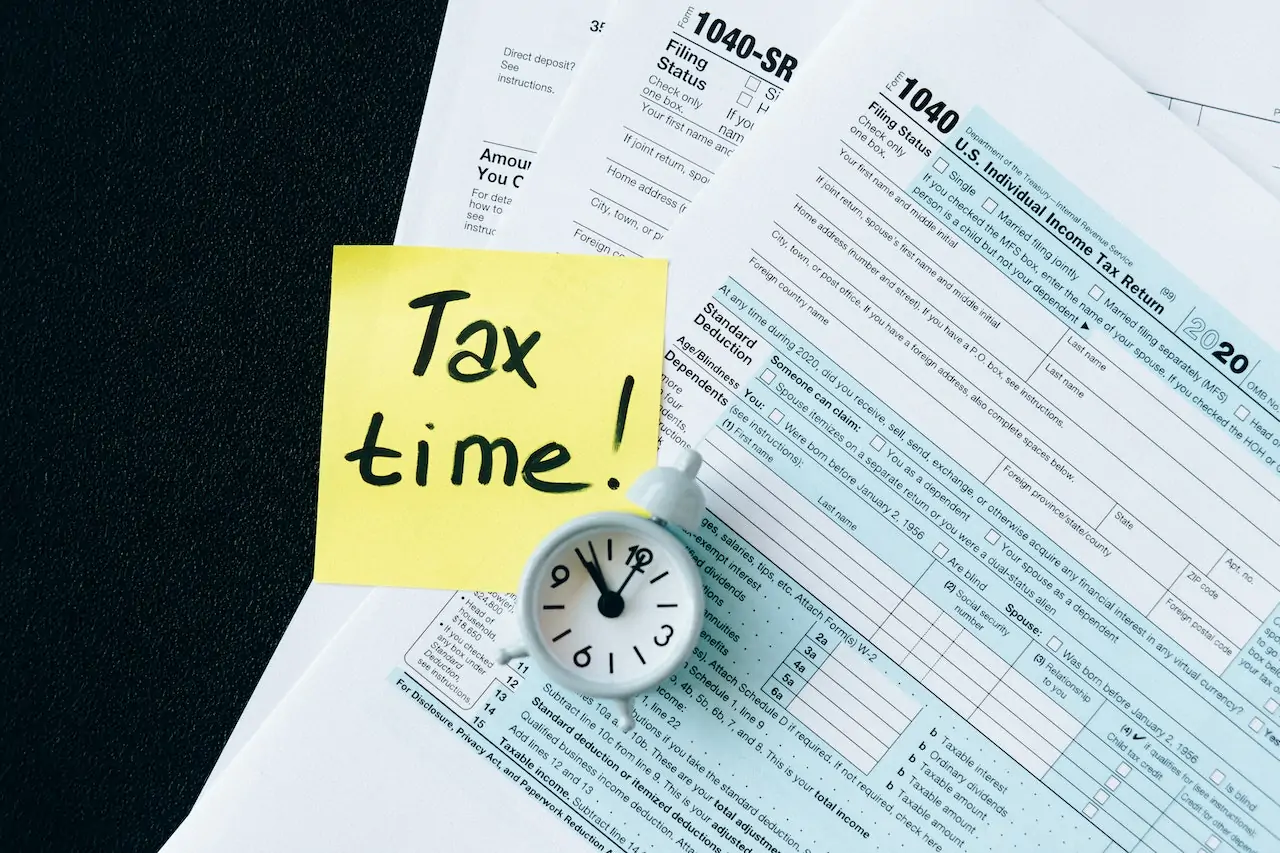Research and Development London
If you’re a visionary innovator constantly seeking the next breakthrough, you may be eligible for R&D tax relief.
Can I reduce the amount of tax I pay?
In short, yes.
Taxes unfortunately are inevitable, but there are lots of ways you can lessen the amount you’ll have to pay. That’s where a good accountant comes in. Trivial benefits, business expenses, capital allowances, pensions contributions ya-da, ya-da. We won’t bore you with the jargon but there are plenty of options that allow you to reduce the bill you pay to HMRC. A good tax advisor will make you aware of these way ahead of time and help you put in the necessary steps so you can take advantage of them proactively rather than letting the opportunity pass. We’ll also explain it in simple terms that a real life person can understand so you don’t have to be a HMRC-created automaton.
Do I need to pay Corporation Tax?
If you're a Limited Company operating in the UK, you'll have to pay Corporation Tax.
Not only will you have to pay it on any profits you make, but it’ll also be on any money made on the sale of assets such as land, property or shares. As of April 2023, businesses with profits of £50,000 or less will continue to pay corporation tax at 19 per cent, however businesses with profits above £250,000 will pay corporation tax at 25 per cent. Any business with profits between £50,000 and £250,000 will also pay corporation tax at 19 per cent. Tax rates are something that change often, which means its important to keep on top of things…. Or, you could let us do it for you and not have to worry, your choice!
What is Cloud Accounting?
So there is a lot confusion out there about the elusive 'Cloud' (even to people living in the UK who you'd expect to know a thing or two about clouds!).
The Cloud is basically the collective name for data servers that keep your data safe and allow you to access your data anywhere. What that means is you can then access your data from any computer, phone or tablet as long as you have a connection to the internet. So Cloud Accounting allows you to move your financial data online and means you can have 24/7 access to your numbers wherever you are. The difference between Cloud Accounting and traditional software, is that the data is stored in the Cloud rather than on one specific computer which means you are not reliant on the main desktop where your information is saved.
Know what you need? Get a quote.
Get an instant quoteSusie Batista

Susie Batista
I’ve been with Accounts and Legal for just under a year and it’s true to say they’ve helped my business in a huge way. I was recommended them by my business coach which really says a...




















